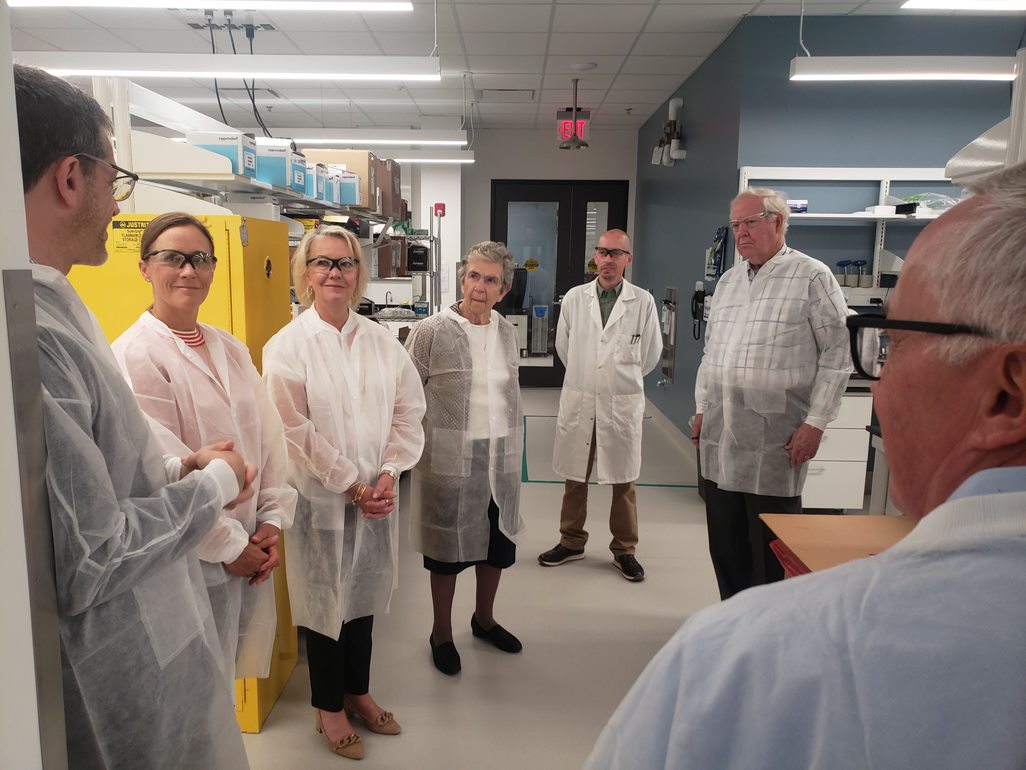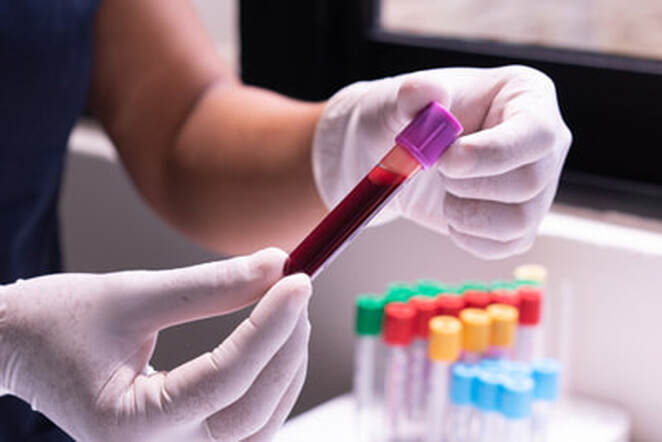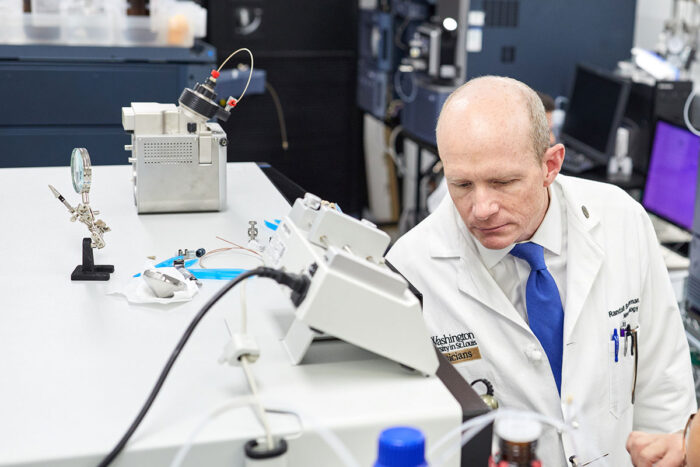From C2N Diagnostics:
"C2N Diagnostics, a leader in advanced brain health diagnostics, today announced the release of the PrecivityAD2 blood test, a clinical care assay that meets the standard of care with currently available PET scans and cerebrospinal fluid tests. This blood test is designed to alleviate the bottleneck and unmet needs of healthcare providers and patients in evaluating patients with signs and symptoms of Alzheimer’s disease (AD) and other causes of cognitive decline.
'We believe the PrecivityAD2 test represents the next generation in blood biomarker tests and will help establish a new standard in Alzheimer’s disease diagnosis. The 2022 Clinical Trials on Alzheimer’s Disease Task Force report outlined that combined biomarkers can be especially helpful in avoiding misdiagnosis, and PrecivityAD2 does just that by harnessing two established biomarkers in one assay. We believe the test addresses a major unmet need for an accurate, safe, non-invasive, and accessible alternative to amyloid PET scans and lumbar punctures,' says Dr. Joel Braunstein, C2N’s president and CEO. 'This announcement is timely with the approval of new disease modifying therapies and others on the way along with the ability for healthcare providers to more easily refer patients to sites or to mobile phlebotomists where their blood can be drawn for diagnosis.'"
Read the full press release here.









 RSS Feed
RSS Feed
